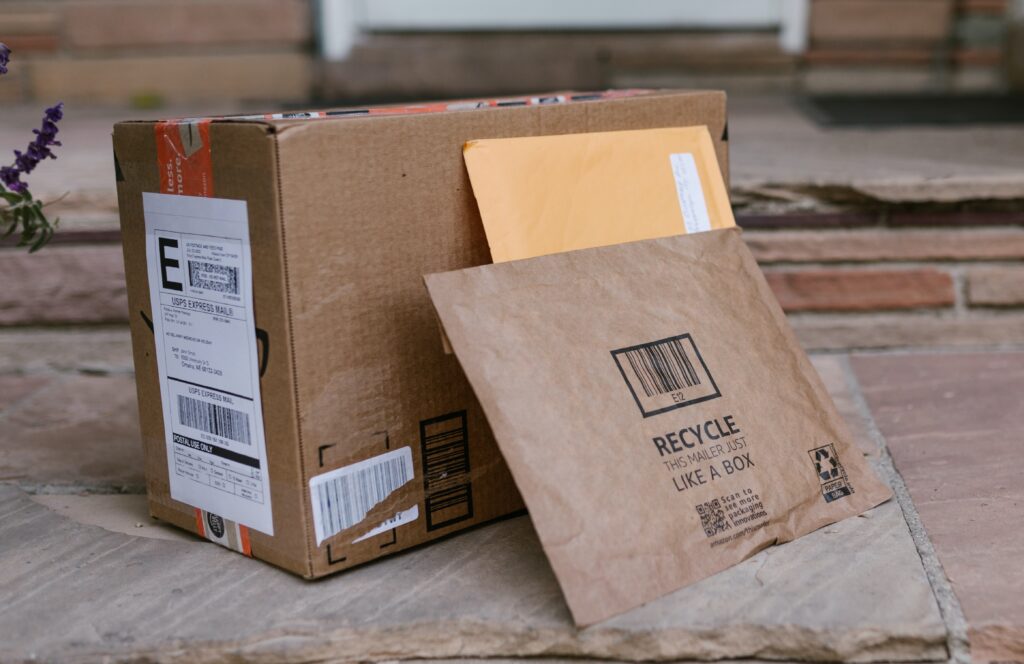
On March 1, 2023, the European Union (EU) implemented new customs rules for shipments sent from outside the EU. These new rules have been put in place to simplify the customs process, increase transparency, and reduce the risk of fraud and illegal activity. The new rules apply to all packages entering the EU, regardless of their value or purpose.
The new customs rules require that all packages entering the EU must have a customs declaration form attached. This form should include details such as the sender and recipient’s names and addresses, the package’s contents and value, and the country of origin. The form should also be accompanied by a commercial invoice or a pro forma invoice.
The new rules apply to all 27 member states of the EU, namely Austria, Belgium, Bulgaria, Croatia, Cyprus, Czech Republic, Denmark, Estonia, Finland, France, Germany, Greece, Hungary, Ireland, Italy, Latvia, Lithuania, Luxembourg, Malta, Netherlands, Poland, Portugal, Romania, Slovakia, Slovenia, Spain, and Sweden. Also included are Norway and Switzerland.
To comply with the new rules, each courier is implementing changes to their processes and procedures. DHL has introduced an online portal where customers can easily create and submit customs declarations for their packages. Customers can also track their packages and receive updates on the customs clearance process.
FedEx has also made changes to its processes to comply with the new rules. The courier now requires all customers to provide detailed information about their packages, including the contents and their value. Customers can do this through the FedEx website, and FedEx will generate a customs declaration form based on the information provided.
UPS has also introduced changes to its customs procedures. The courier now requires customers to provide a detailed description of their package contents and value when booking a shipment. Customers can also use the UPS website to create and submit customs declarations and commercial invoices.
To comply with the new rules, USPS has introduced a new online portal where customers can easily create and submit customs declarations for their packages. This portal allows customers to enter the required information and generate the necessary customs documents, including the commercial invoice or pro forma invoice.
In addition to the changes made by individual couriers, the EU has also introduced a new online customs portal. This portal allows businesses to submit customs declarations for their packages, track the status of their shipments, and pay any customs charges or fees. The new portal is intended to make the customs process more efficient and streamlined.
The new customs rules have been welcomed by businesses and consumers alike. The rules aim to reduce the risk of fraud and illegal activity, which can be a concern for both businesses and individuals. The new rules also increase transparency in the customs process, making it easier for customers to understand and comply with customs requirements.
However, some concerns have been raised about the potential impact of the new rules on small businesses and individuals. The additional paperwork and documentation required may be a burden for some businesses and individuals, particularly those who are sending small or low-value packages. Some have also expressed concern that the new rules may result in delays and increased costs for customers.
Despite these concerns, the EU has emphasized the importance of the new rules in ensuring the safety and security of the customs process. The rules are intended to protect businesses and consumers from fraudulent and illegal activities, and to create a level playing field for businesses operating within the EU.
In conclusion, the new customs rules implemented by the EU on March 1, 2023, require that all packages entering the EU must have a customs declaration form attached. Each courier is implementing changes to their processes and procedures to comply with the new rules, and the EU has introduced a new online customs portal to make the customs process more efficient and streamlined. While some concerns have been raised about the potential impact of the new rules on small businesses and individuals, the rules are intended to increase transparency and reduce the risk of fraud and illegal activity, and to create a level playing field for businesses operating within the EU.
